The African Instrument That Was Banned During the Colonial Times
What's Next for the Zimbabwean Mbira
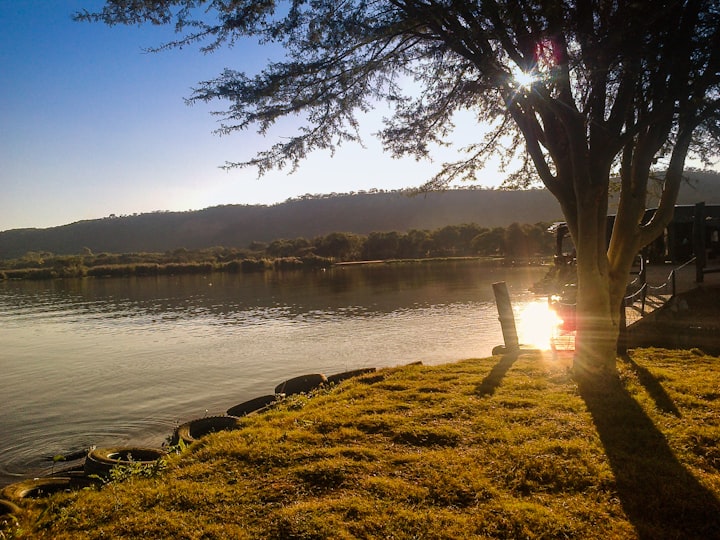
This article was originally published on #MNews on 04 October 2023. You can read the original post here.
1. Introduction
September 29th, 2023 marked the 11th annual Zimbabwe Mbira Festival. While the mbira has been a part of Zimbabwean culture for much longer, this particular celebration was started in 2012, and now run by Albert Chimedza.
Chimedza is a multi-passionate creative, mbira maker, and founder/director of The Mbira Centre. He also runs the Pan African Mbira Festival.
The celebration took place at ELA the Garden, a Greek fusion restaurant in Newlands, and featured performances from new-school mbira players, as well as a panel discussion* about "Exploring New Mbira Narratives".
Chiwoniso Maraire - a revered Zimbabwean musician performing her song "Rebel Woman" with the mbira
____________________________________________________
Table of Contents
1. Introduction
2. Perception of the Mbira: Then
3. Perception of the Mbira: Now
4. Exploring New Narratives
5. Special Thanks
____________________________________________________
2. Perception of the Mbira: Then
The majority of the mbira's recorded history has been spent equating the instrument with traditional spiritual practices and the stereotypes that are attached to those who engage in these practices. The banning of the instrument by missionaries and colonial powers only made the stigma worse.
If you were not a man, learning to play the mbira was not for you. If you were not involved with vadzimu, interacting with the mbira was not for you.
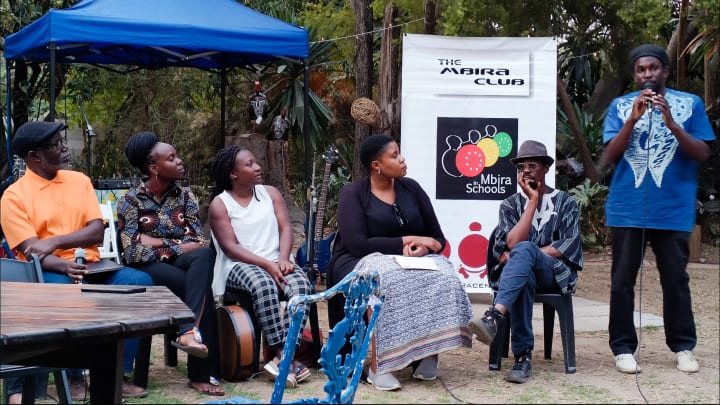
However, not everyone sees this as progress. During the panel discussion, multiple individuals shared their experiences of being looked down on by loved ones for playing this instrument.
In an exclusive interview, Tatenda Chioniso Rushwaya, a professional performing mbira artist, shared more about her experience learning the mbira. She described being introduced to the instrument while attending the Zimbabwe College of Music.
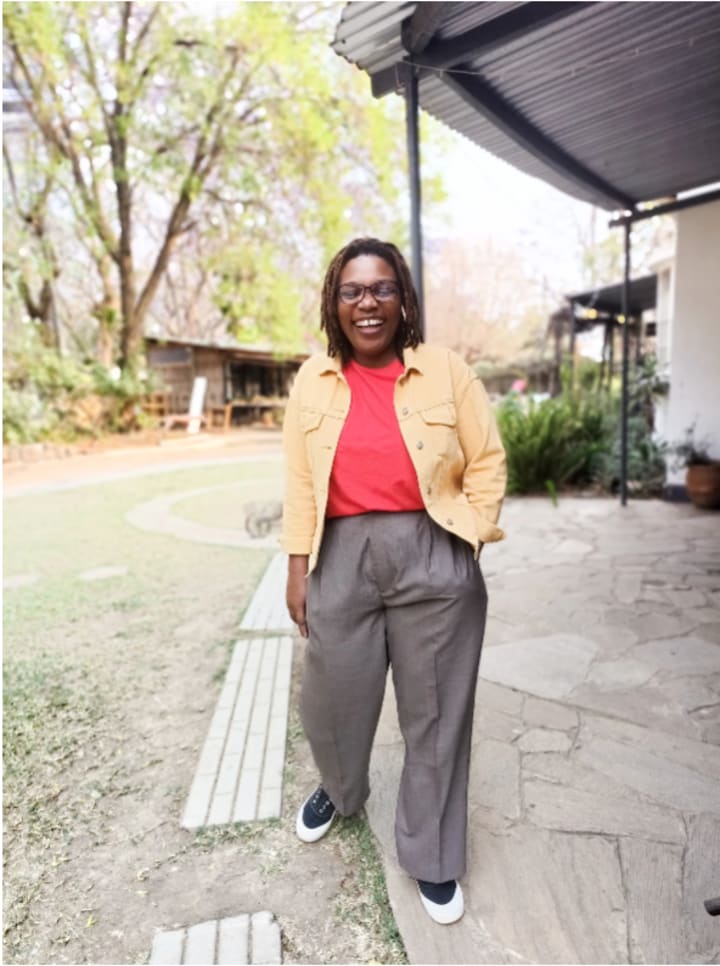
“There’s already a Beyoncé. There’s already a Lil Wayne. So who is me? I started searching for my identity.”
With time, she saw incorporating the mbira into her songs as a way to differentiate herself from existing R&B and hip hop artists. She then also described her community seeing this introduction as the start of a troubled path, and producers not believing in the vision of using mbira in this way.
3. Perception of The Mbira: Now
In response to these stories, the panellists discussed whether or not separating the mbira from any spiritual connotation and stereotype is possible. The members of the panel* all agreed this could be done.
This desire to separate culture from stereotype seems to be a common trend across all spheres of African influence: creative, business, and otherwise, especially in the past 10 years.
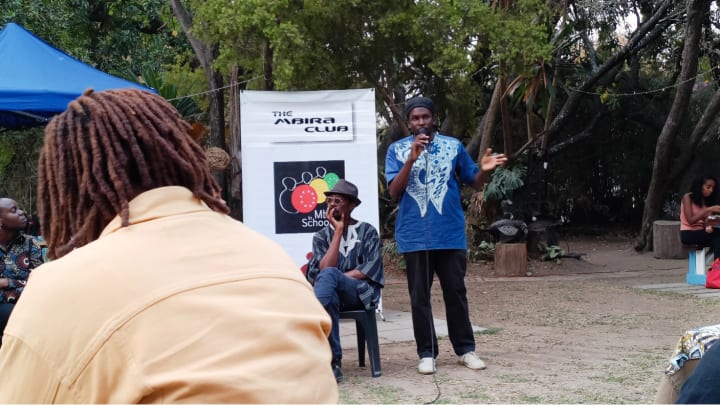
You need to look no further than the mainstream acceptance of African music to see the outside world beginning to use their own platforms as a way of signalling their validation of African art and culture that has been celebrated in Africa for centuries.
Whether or not this noticing by outsiders, within Zimbabwe and abroad, matters was another topic of conversation during the event.
This rising demand for what is African has been met with an acknowledgement of the abundant supply of what is African that has been in existence since time immemorial.
4. Exploring New Narratives
The new narrative surrounding the mbira doesn't only have to do with spirituality and gender. Broadly, the question is, "How do we tell a story that can be understood and loved by members of our local community, and abroad?"
This story includes everything from how the instrument is manufactured, taught, and played to the genres of music the instrument is incorporated in, to how the musicians themselves present themselves.
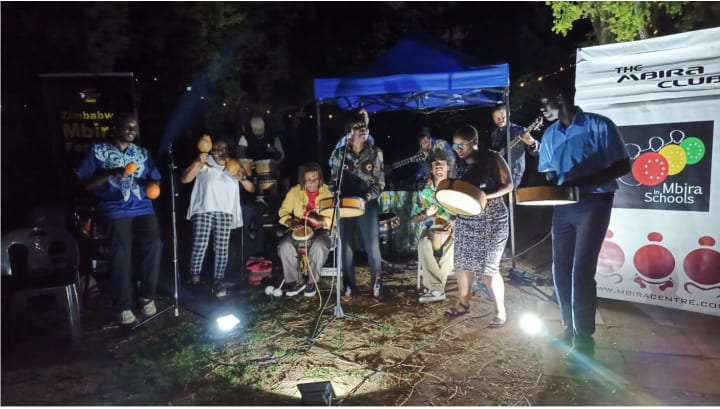
If what makes the mbira special is not a spiritual practice, who is playing the instrument, the genre of music, or even its historically handmade nature, then what will keep the mbira's identity as this new narrative is crafted?
Understandably, no tidy resolution was reached in response to this question.
When interviewed after the event, Dr. Ignatius Mabasa expressed that foundations are important, but disruption of tradition is valuable and important.
"You have learned from the past. Don’t stay in the past. Have the freedom to experiment.”
During the discussion, one of the panellists mentioned that Zimbabweans have identity ingrained within themselves and did not need to go rediscovering or reclaiming this identity.
Perhaps the mbira is the same.
5. Special Thanks
Thank you to Albert Chimedza and Zimbabwe Mbira Festival for bringing this event together, and each of the panellists* for their insights.
Special thank you to Tatenda Chioniso Rushwaya and Dr. Ignatius Mabasa for providing #MNews with exclusive interviews at the event.
____________________________________________________
*Panellists: Rutendo Denise Mutsamwira (Moderator), Clive Mono Mukundu, Dr. Ignatius Mabasa, Theresa Covini, Mary Anibal, and Albert Chimedza. Their bios can be found on the Zimbabwe Mbira Festival Facebook page.




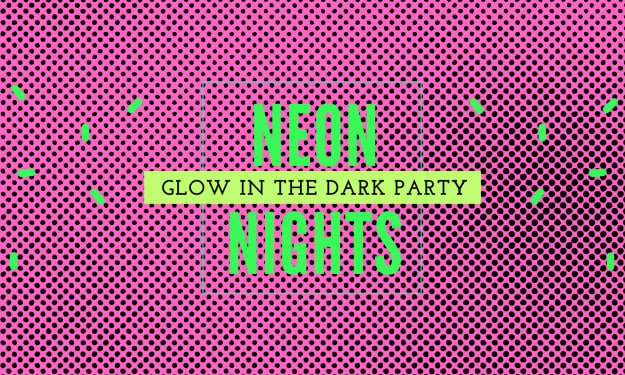

Comments (1)
Very interesting! What a fascinating history and read! Thank you for sharing! Wonderful!